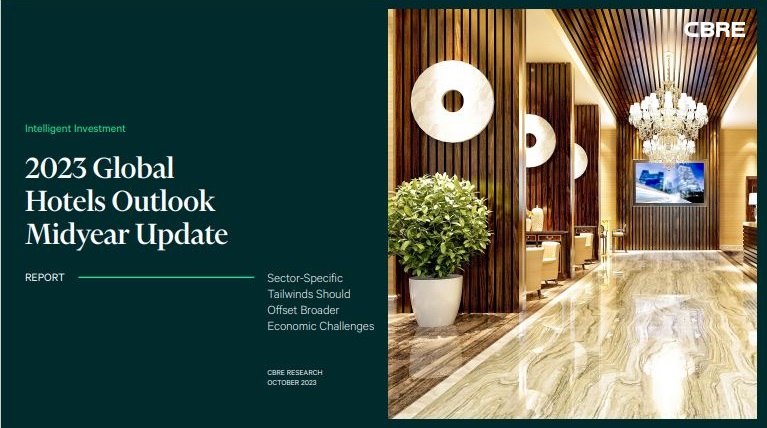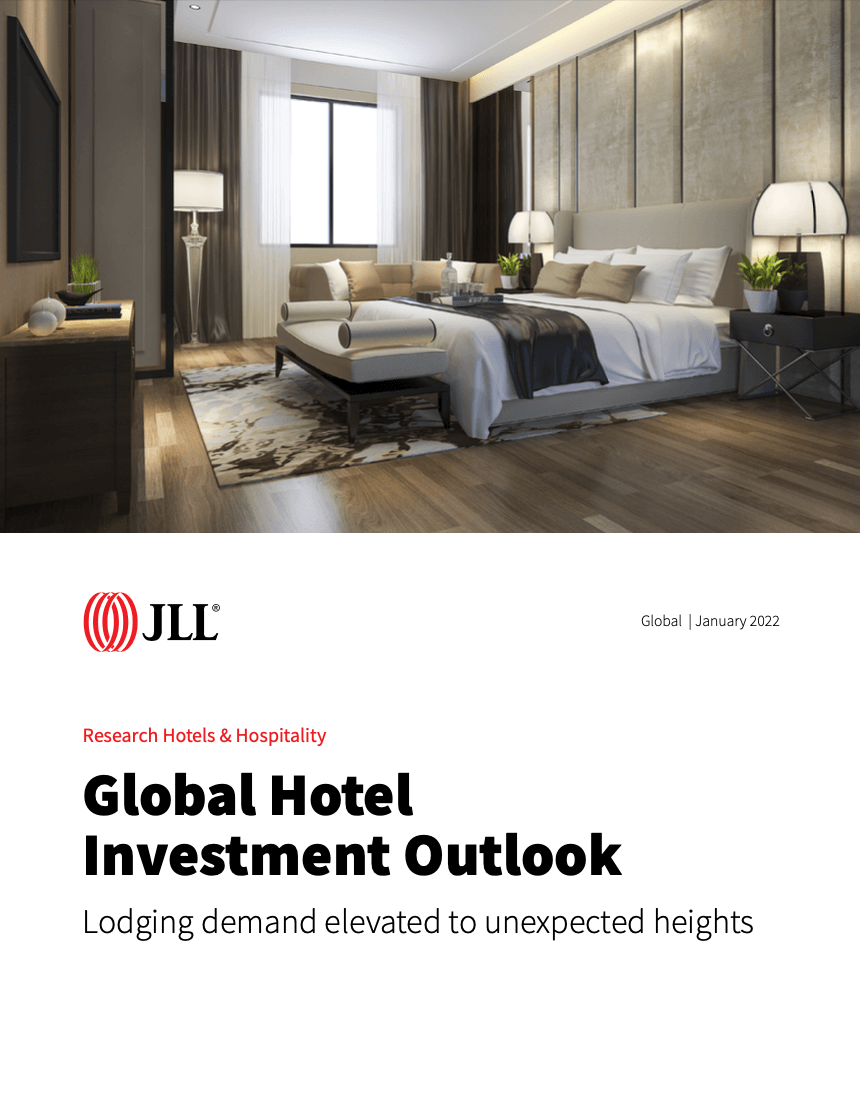This year’s Sustainable Travel Report has reinforced the continuing momentum of Eco Hospitality in India: 84% of business and recreational travellers now confirm a preference for sustainable destinations, and as the saying goes, “sustainability starts where you stay”. Two thirds of travellers are willing to spend 5% more on accommodation if it meets sustainable criteria, meaning everything from water and energy consumption through to macro environmental management systems. But to get a real feel for the importance of those findings, you have to place them side by side with tourist and business statistics on the subcontinent and, in particular, for the first half of this year. It helps explain why India is currently experiencing an Eco Phenomenon.
The subcontinent will be the fourth biggest tourist economy in the world within the next four years, bigger than Italy, the United Kingdom and Australia put together and a major factor in this explosive growth is internal demand. In May alone airlines in India reported a 16.6% growth in passenger numbers, carrying 11.9 million customers with 80% occupancy (Spicejet reported an astonishing 94.8% occupancy rate). And with tourist numbers on the subcontinent riding at such an all time high with 84% of tourists preferring sustainable destinations (they have to stay somewhere when they arrive), even the most rudimentary of economists could spot an emerging trend.
Certainly Lemon Tree Hotels and Eco Hotels haven’t been slow to pick it up: both companies are currently spearheading key innovations in India’s hugely significant mid market hotel segment, with eco hospitality at the heart of each of their business models.
No surprise then that JP Morgan reported Lemon Tree in June to be delivering better than average cost control and execution ratings as well as higher return rates on room occupancy. Better Eco credentials aren’t just a honey pot for prospective travellers, they make sound business sense too with reduced commodity use (and costs) delivering straight to the bottom line. JP Morgan have also pinpointed enhanced operating leverage as a driver for future growth for at least the next three years, which is likely to deliver improved capacity for better pricing and capacity structures.
Lemon Tree and Eco Hotels continue to roll out new hotel units across the subcontinent, with the former last month investing another Rs 850 Crore into its aggressive expansion programme. Interestingly enough, Lemon Tree’s President Vikramlit Singh has also again highlighted a continuing mismatch between demand for hotel rooms and availability as a likely source of future profitability, so there’s no sign of those capital programmes losing their momentum anytime soon.
Red Ribbon Asset Management is the founder of Eco Hotels, the world’s first carbon neutral mid market hotel brand, offering “green hospitality” as part of a progressive roll out across India, designed to take full advantage of market opportunities available on the subcontinent at the moment. The brand offers sustainable living without compromising on quality and will cater for commercial and recreational travellers alike.
[nectar_btn size="large" open_new_tab="true" button_style="regular" button_color_2="Accent-Color" icon_family="none" url="http://ecohotels.in/" text="Eco Hotels UK Plc"][nectar_btn size="large" open_new_tab="true" button_style="regular" button_color_2="Accent-Color" icon_family="none" url="https://redribbon.co/investment-products/" text="Products"]
Red Ribbon CEO, Suchit Punnose said:
Market changes rarely come about in isolation, with one revolutionary event: the iPhone would have been an expensive mirror without something to plug it into. And the same goes for economic trends generally where we should look for the confluence of a number of key factors before drawing any conclusions. That certainly applies to the Indian Eco Hospitality sector where a huge uptick in business and recreational travel on the subcontinent has coincided with a surge in demand for sustainable destinations. With mid market hotels already roaring ahead, added eco credentials are giving the platform a turbo charger.
And I would add a third factor too. As may not be generally known the whole, vast expanse of the subcontinent currently has less hotel rooms that the island of Manhattan alone. So the point mentioned at the end of the article also has considerable importance to my mind: demand for hotel rooms is in any event seriously outstripping supply and that is bound to make for a more profitable outlook. A turbo charge for the turbo charger perhaps?
[social_buttons full_width_icons="true" facebook="true" twitter="true" google_plus="true" linkedin="true" pinterest="true"]






